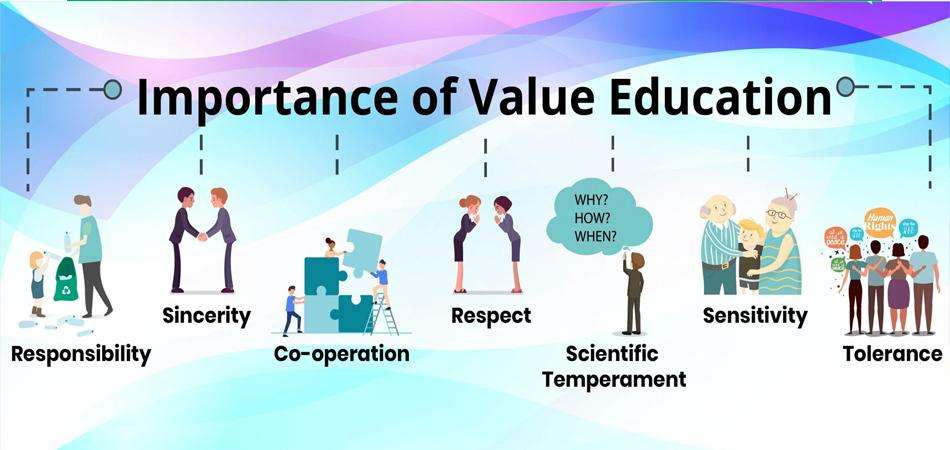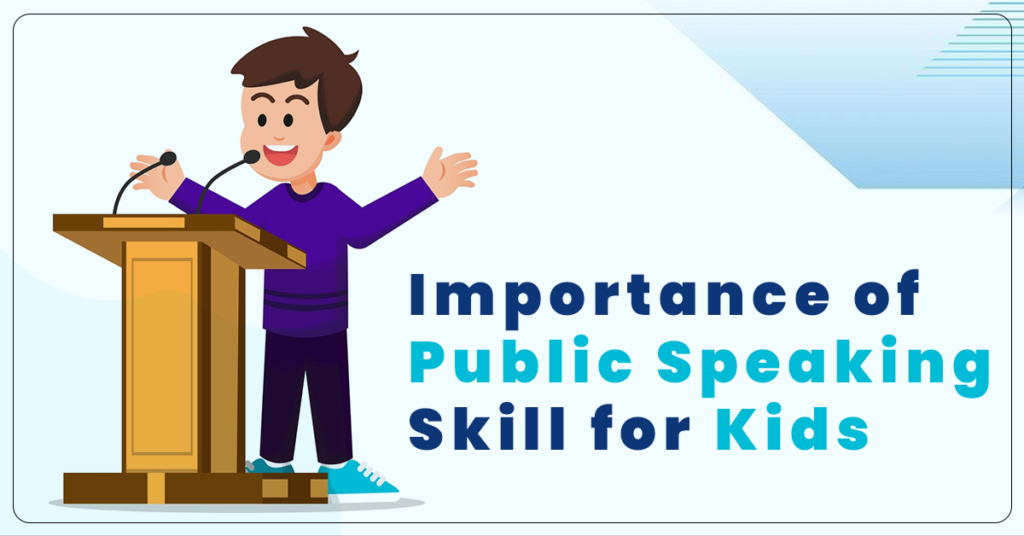The Power of Value Education in Student Development
Education should not be just about academics. It should also teach students the fundamental principles that guide their actions throughout life. By integrating the principles of morality and ethics, students are not just prepared for exams, but for life itself. Teaching values ensures that students not only perform well in their studies but also grow into individuals with strong character. The essence of this approach is that value education shapes their mindset, helping them make ethical decisions. At Verified Campus, we believe that a strong character is as crucial as academic success. Education must not only focus on knowledge but also on cultivating the moral fabric of individuals. By focusing on character-building, we aim to foster a holistic growth process for students that will guide them through life. What is Value Education and Why is it Important? Value education is the process of teaching students to appreciate, understand, and adopt ethical principles that will guide their lives. Through this form of education, students learn to respect others, show empathy, and take responsibility for their actions. It is about forming individuals who possess both intellectual and emotional maturity. Value education is essential as it lays the foundation for responsible citizenship, teaching students to act with integrity in their personal and professional lives. When students learn the value of education, they develop an understanding of social justice, fairness, and equality. These moral virtues are key to building a compassionate society where everyone respects one another’s rights. Value Education’s Role in Slow but Steady Success Academic success may come quickly, but true success—one that lasts and builds character—takes time. Here is where value education plays an important role. By teaching students to value patience, perseverance, and integrity, they learn that real success is a long-term effort. Through this kind of education, students understand the importance of working diligently towards their goals, even when the results are not immediate. The focus on long-term success fosters resilience. Students learn to handle challenges with a calm and composed attitude, which ensures they do not give up when things become difficult. Value education gives students the tools to deal with setbacks and keep progressing toward their goals. Leadership and Value Education: Shaping Future Leaders Leadership is not just about having a title—it is about making ethical decisions, treating others with respect, and inspiring people to follow a shared vision. Through value education, students acquire leadership qualities such as responsibility, accountability, and empathy. These qualities ensure they become leaders who can guide others effectively while maintaining a sense of fairness. By promoting these values, students are equipped to lead with integrity. The skills developed through value education help them make thoughtful decisions that benefit the larger community. These leadership traits are essential in any environment, whether it’s in business, politics, or community development. How Value Education is Transforming Schools in Dehradun Dehradun, often referred to as the school capital of India, has seen a transformation in its educational approach. Many schools in Dehradun now prioritise the teaching of values as part of their curriculum. This ensures that students are not just academically proficient, but are also well-rounded individuals with a strong ethical foundation. Through the promotion of value education, Dehradun schools are preparing their students for the future by instilling values such as respect, empathy, and honesty. As a result, students in these schools not only excel in their studies but also become compassionate citizens who understand the importance of moral responsibility. Building Emotional Intelligence through Value Education Emotional intelligence (EQ) is another key benefit of value education. When students are taught to understand their own emotions, as well as the emotions of others, they develop better interpersonal skills. These skills, such as empathy, self-regulation, and conflict resolution, are invaluable in both their personal and professional lives. Emotional intelligence enables students to work better in teams and make thoughtful, considerate decisions. Schools that implement value education are giving students the tools to manage their emotions in challenging situations. By teaching them how to regulate their feelings, these institutions ensure that their students grow up to be emotionally mature individuals who can handle stress and work effectively with others. Why the Best Schools in India Prioritize Value Education The best schools in India understand that success isn’t just about academic achievements. These schools recognize the importance of nurturing well-rounded individuals who possess strong moral and ethical values. By prioritizing value education, these schools ensure that students grow into responsible individuals who not only excel academically but also lead lives grounded in integrity. These institutions instill essential values in students, making them aware of their role in society. By teaching the importance of fairness, responsibility, and empathy, the best schools in India prepare their students for the challenges ahead. Conclusion: Value Education’s Role in Shaping a Successful Future As the world becomes increasingly fast-paced and competitive, the role of value education cannot be overstated. It is essential to build a strong character that ensures long-term success. Students who receive this form of education not only excel academically but also learn the importance of ethical decision-making, patience, and perseverance. The best schools in India continue to embrace the importance of values in education, preparing students for a future where they will become leaders, change-makers, and responsible citizens. By integrating value education into their curriculum, these institutions are setting their students up for success, not just in their careers but in their personal lives as well.
The Power of Value Education in Student Development Read More »









